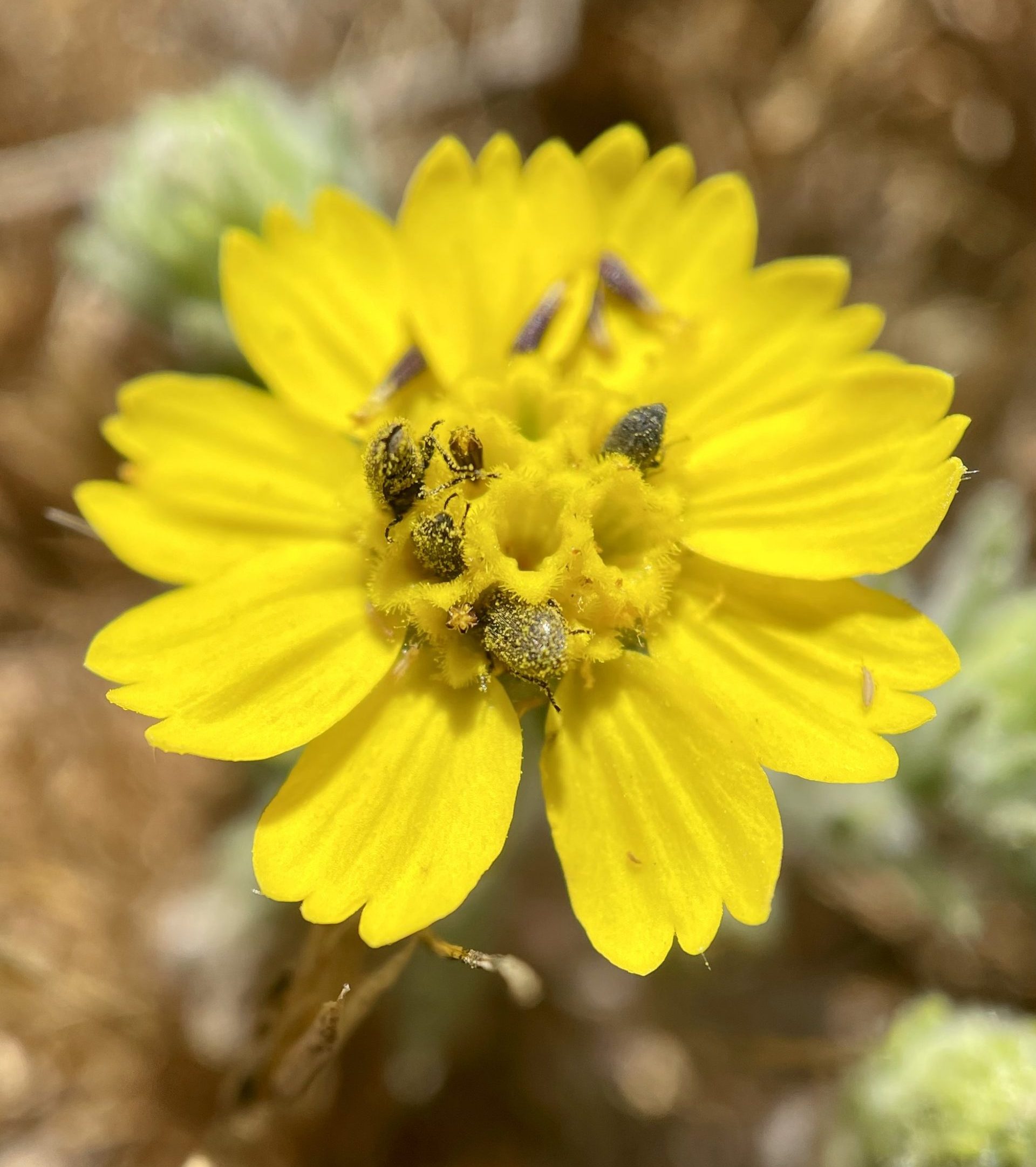CPC Pollinator Database

Pollinators play an essential role in plant reproduction. To best conserve and save rare plants from extinction, we must be able to identify their pollinators and understand the complex relationship they share.
Bees or butterflies are often the first to come to mind when we think of the word “pollinator,” but there are many different species and factors that support pollination. One of the most common pollinators is wind, moving pollen across an area and from plant to plant. Birds such as hummingbirds and finches, as well as other insects like ants, moths, and beetles, are also busy pollinators. Many pollinators evolve alongside plants to create complex ecological relationships, such as agave and certain species of cacti that rely on bats to pollinate flowers opening high above the desert floor at night.
To aid plant conservation practitioners in their work, the Center for Plant Conservation has developed the CPC Pollinators of Rare Plants Database. This useful tool contains information on plant-pollinator pairs and interactions. Users can search by plant name to discover data on potential and confirmed pollinators, or search by pollinator group to find rare plants they may visit and pollinate. This information can be practically applied to conservation actions, such as rare plant reintroductions into natural landscapes, in which understanding pollen vectors is critical to a project’s success.